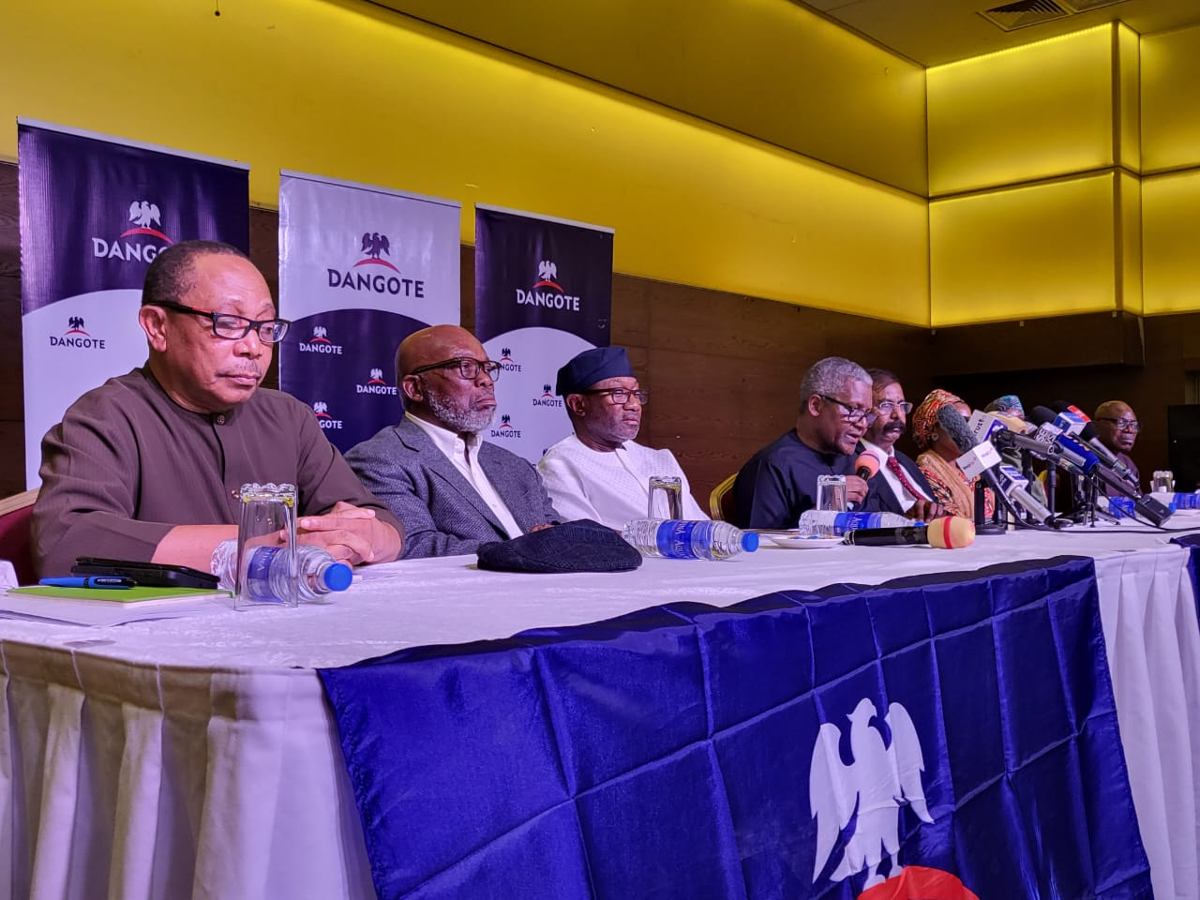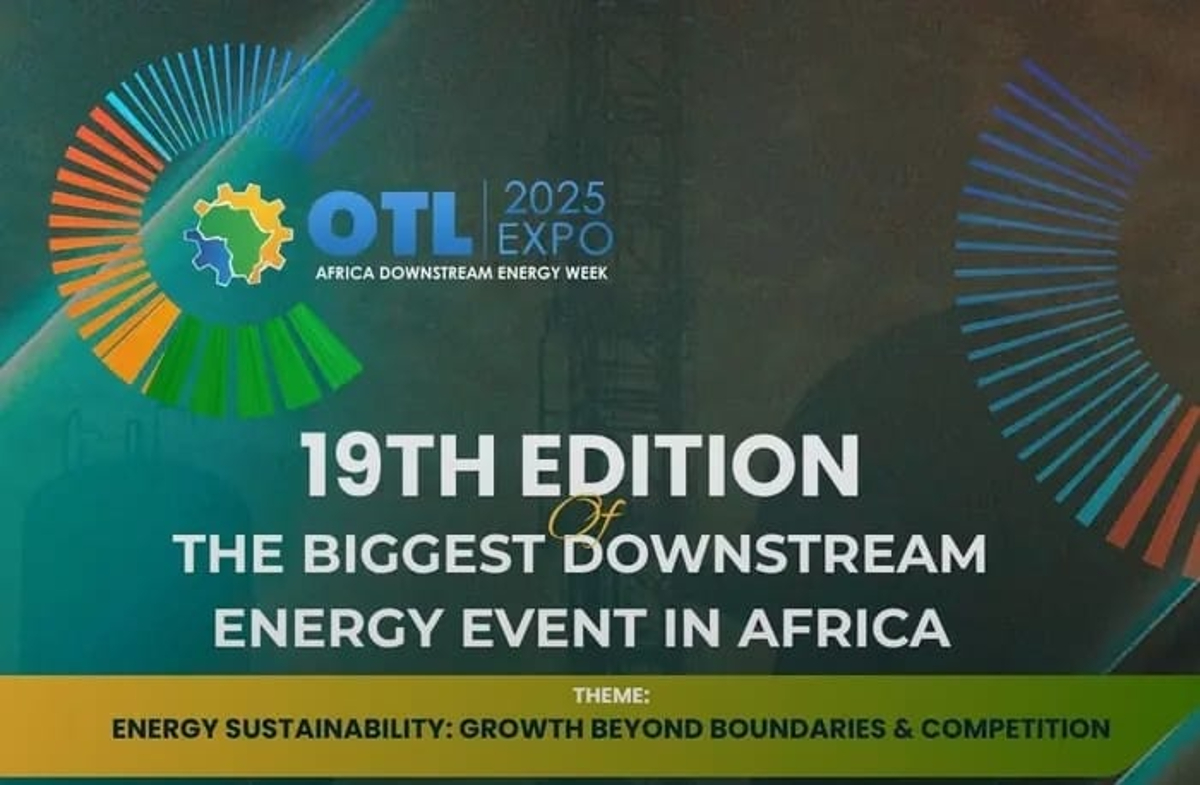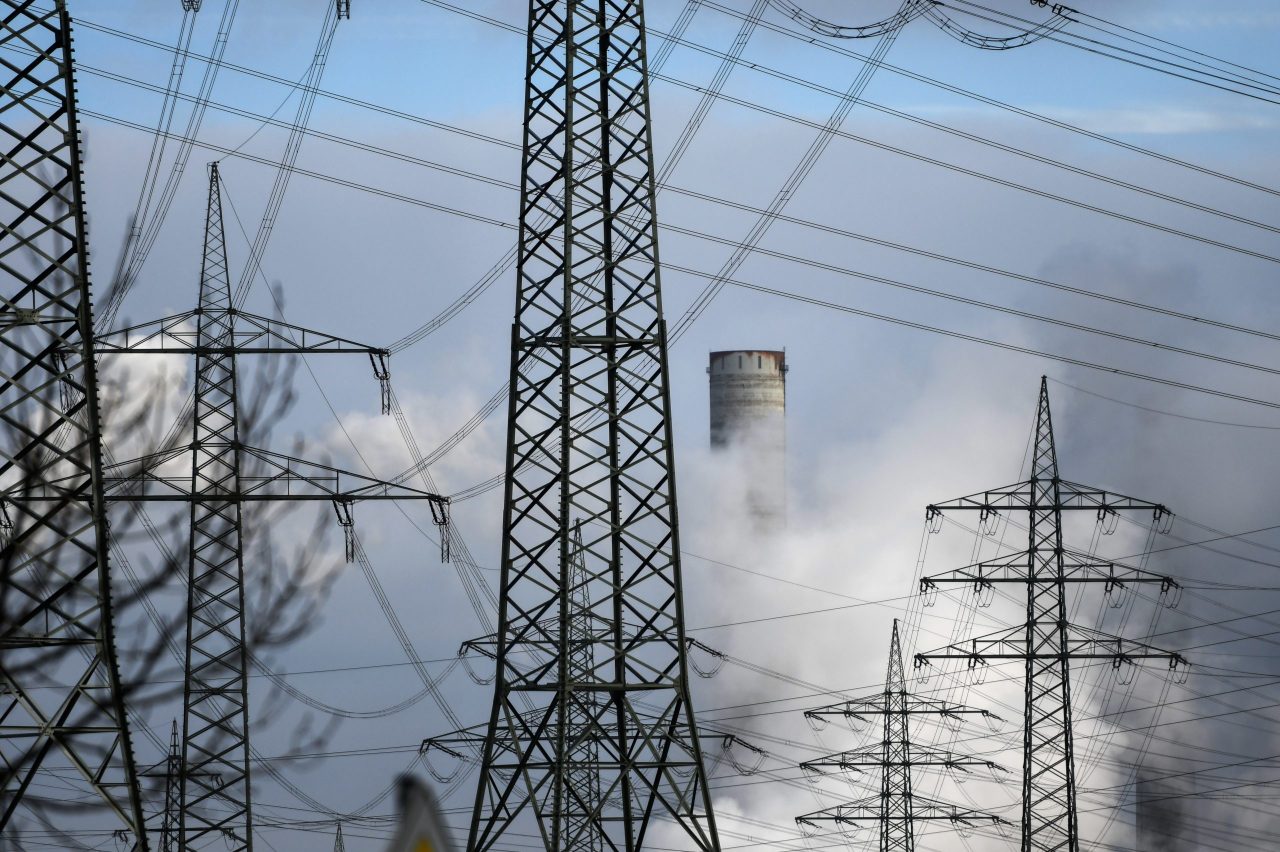The Dangote Petroleum Refinery has announced plans to expand its processing capacity from 650,000 barrels per day (bpd) to 1.4 million bpd, positioning it as the largest refinery in the world upon completion.
President of the Dangote Group, Alhaji Aliko Dangote, made this known during a media briefing in Lagos on Sunday, alongside the Chairman of First Bank, Femi Otedola.
“We are expanding the Dangote Petroleum Refinery from 650,000 barrels per day to 1.4 million barrels per day. Upon completion, this will make it the largest refinery in the world, surpassing the Jamnagar Refinery in India,” Dangote said.
He stated that construction work for the expansion would commence immediately, adding that about 65,000 workers would be engaged for the project, with 85 per cent expected to be Nigerians.
Dangote also revealed that the refinery’s power generation capacity would be doubled from 500 megawatts to 1,000 MW, while production standards would be upgraded from Euro V to Euro VI specifications.
He further revealed that the refinery will expand Polypropylene production from 900,000 metric tonnes to 2.4 million metric tonnes per annum, noting that this will further enrich the production of linear alkylbenzene, which is a key ingredient for the production of detergent, and will allow additional production of base oils.
According to him, the company also plans to list the refinery on the Nigerian Stock Exchange in 2026, to enable Nigerians to become shareholders in the multibillion-dollar facility.
Dangote expressed appreciation to President Bola Tinubu for his support, noting that the expansion is expected to be completed within three years.
Imported petrol landing cost drops
Last week, the landing cost of imported Premium Motor Spirit (petrol) had recorded a marginal decrease, dropping from N849.61 to N839.97 per litre.
According to data released by the Major Energies Marketers Association of Nigeria (MEMAN), the landing cost has shown a downward trend in recent weeks.
The energy bulletins released by the MEMAN Competency Centre showed that the average landing cost of imported petrol was N849.61 on October 13; N847.61 on October 14; N841.54 on October 20; and N839.97 per litre on October 21.
However, the decrease in landing cost has yet to translate into lower prices for consumers.
Despite these drops, depot owners have yet to reduce their gantry prices, and filling stations still sold petrol around N915 and above on Thursday.
Meanwhile, the former President of the Nigerian Association for Energy Economics (NAEE), Prof. Wunmi Iledare, said Nigeria’s economy was still grappling with the combined effects of the COVID-19 pandemic, the removal of subsidies, and the floating of the naira.
Iledare argued that structural weaknesses and overreliance on imported fuel continue to undermine price stability, adding that with effective governance, petrol could sell for around N800 per litre.






